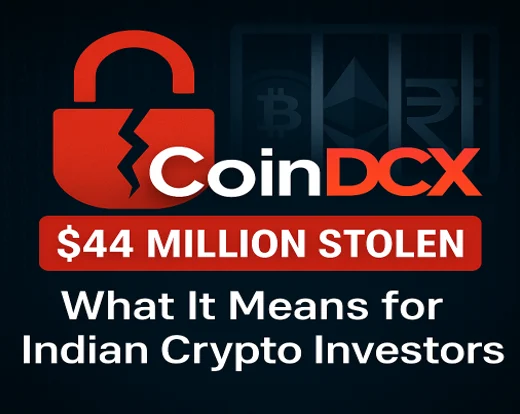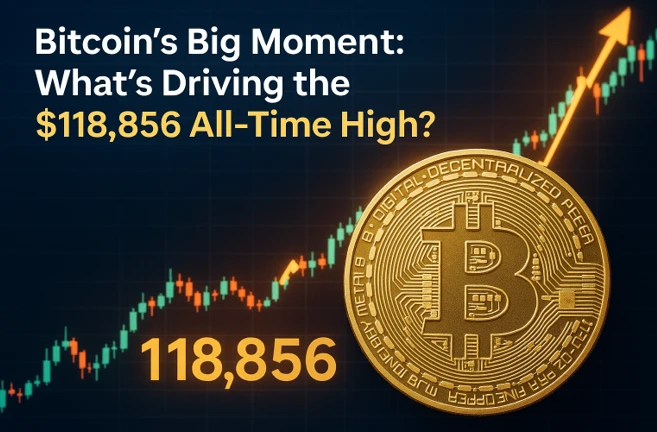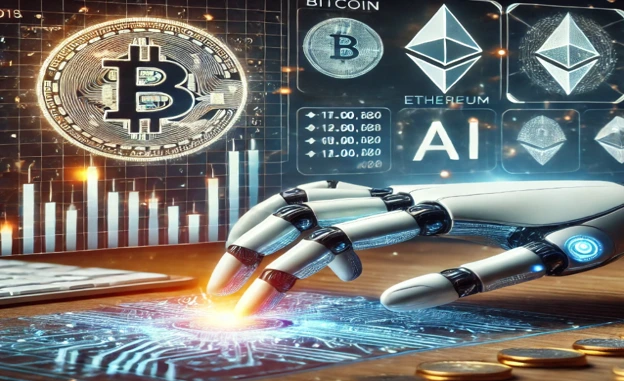
Traders can now purchase NFTs with any Ethereum-based token, simplifying the buying process and potentially reducing taxable events.
Uniswap’s NFT marketplace has introduced a new feature that could change the way traders purchase non-fungible tokens (NFTs) forever. Typically, NFT purchases are limited to a few specific cryptocurrencies, but with Uniswap’s new Universal Router contract, traders can now use any token on the Ethereum blockchain, including stablecoins like USDC or Tether and even meme currencies like Shiba Inu, to purchase their desired NFT.
How It Works
The Universal Router contract of Uniswap aims to determine the most economical path to conduct a token swap between any Ethereum-based tokens and the required token for purchasing NFTs, typically Ethereum. The contract then transfers the acquired cryptocurrency to OpenSea’s Seaport protocol to finalize the transaction. This allows traders to buy NFTs that are priced at 1 ETH by utilizing a blend of USDC and Tether, DAI and SHIB, or even Uniswap’s native token UNI and Chainlink.
Benefits for Traders
The new functionality targets existing Uniswap traders who frequently swap a significant volume of tokens on the platform. It simplifies the NFT purchasing process, allowing traders to quickly lock in the sales they want without having to manually switch tokens first. It also potentially reduces taxable events, as one less transaction is required before making an NFT purchase.
Market Activity
Since Uniswap purchased NFT aggregator Genie last year and introduced its NFT marketplace feature in November, there have been less than 10,000 total transactions and around US$7.6 million in total volume exchanged. As per a dashboard constructed by MarcoV, a data scientist at Dune Analytics, there are approximately 16,600 suppliers and 5,400 buyers in total.
Implications for the NFT Market
The introduction of this new feature could lead to increased activity and interest in Uniswap’s NFT marketplace. It may also lead to other NFT marketplaces adopting similar features in order to stay competitive. It remains to be seen how this will impact the wider NFT market, but for Uniswap traders, it could be a game-changer.
Conclusion
Uniswap’s NFT marketplace’s new feature represents a big advancement in the non-fungible token industry. By allowing traders more alternatives to buy NFTs using any Ethereum-based token they desire, it streamlines the buying process for them. There could also be a significant benefit for people concerned about the tax ramifications of NFT trading because of the potential reduction in taxable events. It will be intriguing to observe how other NFT marketplaces react to this innovation and to determine whether it will have a bigger effect on the NFT market as a whole. For the time being, traders wishing to purchase and sell NFTs on Uniswap’s platform will find the new option to be revolutionary.
What is NFT?
An NFT, short for non-fungible token, is a one-of-a-kind digital asset that resides on a blockchain, usually the Ethereum blockchain. Unlike fungible cryptocurrencies such as Bitcoin or Ethereum that are interchangeable with one another, NFTs are distinct and irreplaceable, meaning they cannot be swapped or substituted for something else.
NFTs have the ability to symbolize a broad range of digital assets, including art, music, videos, and even tweets. Typically, creators and artists use them to sell their work as distinctive digital assets, and buyers can acquire these NFTs to possess a portion of exceptional digital art or other exclusive digital content. The blockchain records the ownership of an NFT, offering a secure and verifiable method of confirming ownership of the digital asset.
Disclaimer:
The information provided in this conversation is for educational and informational purposes only. It should not be construed as financial, legal, or investment advice. Cryptocurrency is a highly volatile and speculative market, and the value of cryptocurrencies can fluctuate widely. Therefore, you should always do your own research and seek professional advice before making any financial decisions.







